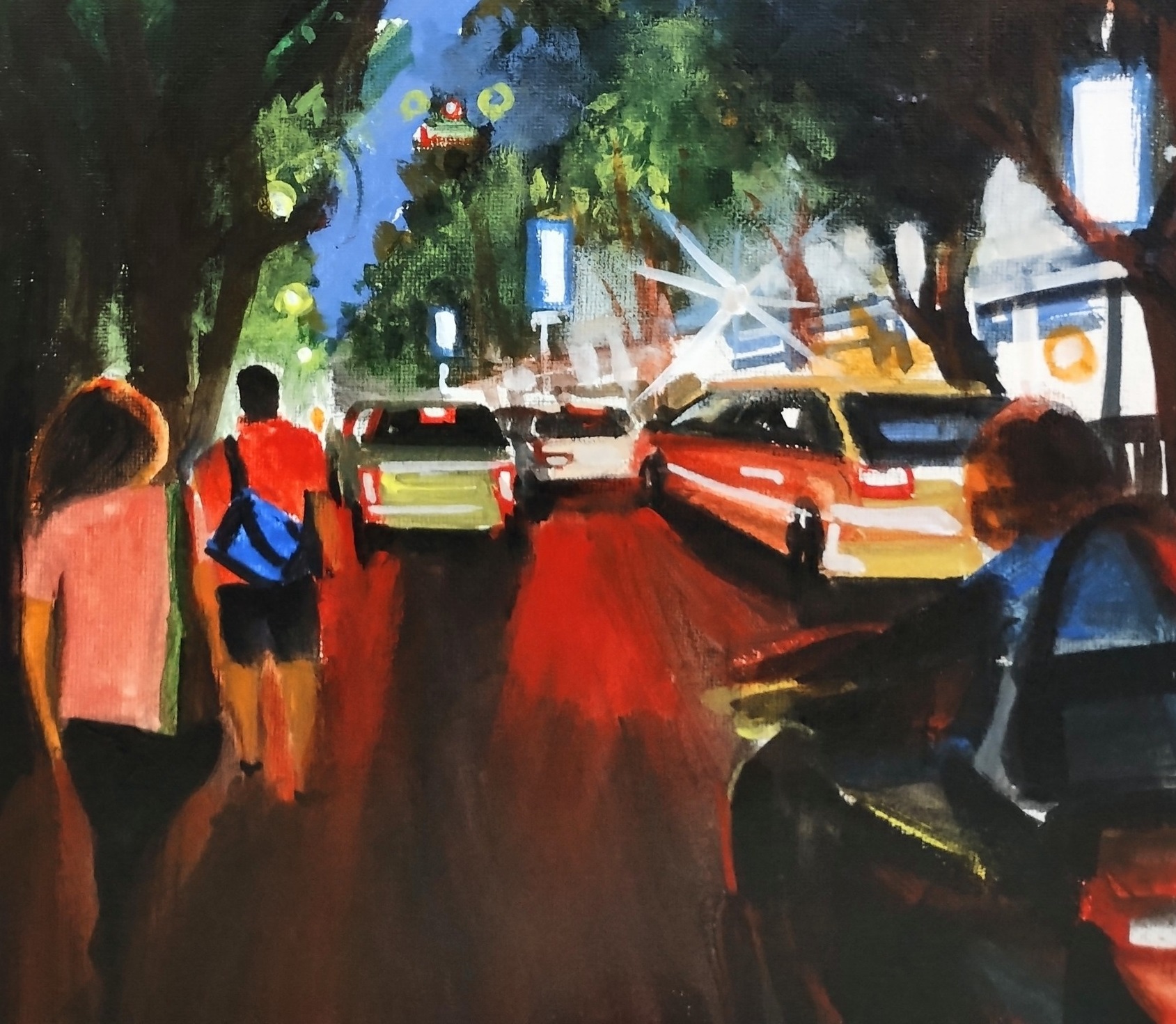Why Go There? A Defense of Travel Agnosticism
Spelled out more concretely, with the inconvenient specificity of actual locales, cultures, and ethnic identities the praise heaped on travel as a beneficial transformative experience becomes untenable. Few well-intentioned people—though there will always be some—will encourage well-heeled foreigners to tour the slums of Uganda, imbibe warthog anuses with Namibian bushmen, or see themselves as fundamentally the same as Djiboutians, Eritreans, Ethiopians, Somalians, and Sudanese who practice female genital mutilation after attending one of the ghastly ceremonies. And those who would do so would struggle to demonstrate how any of these exercises could even in principle educate and broaden one’s mind, or expand one’s circle of empathy. If the cures boasted of on travel’s behalf are illusory what then to make of the illnesses diagnosed in those immune to its charms?










